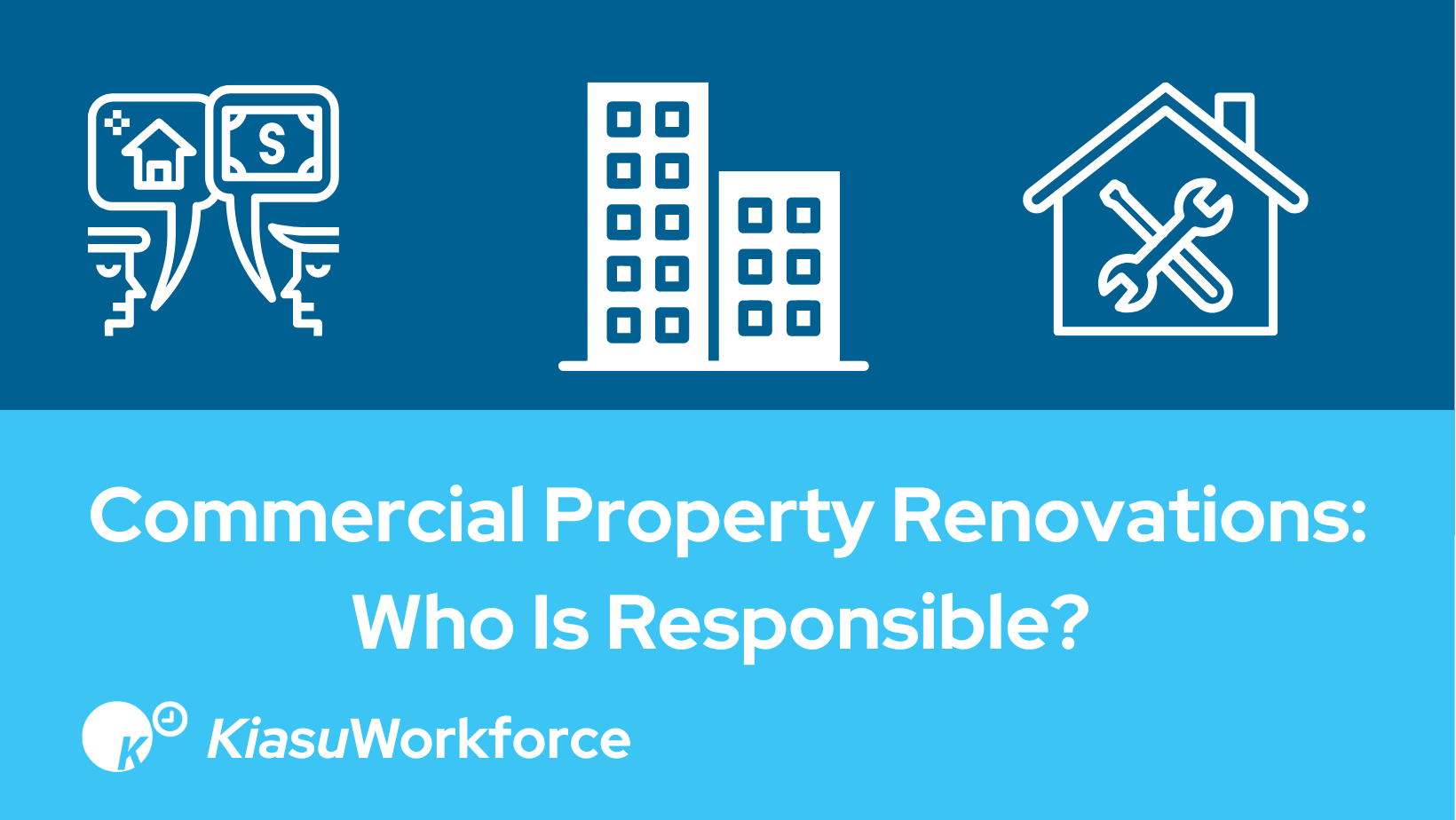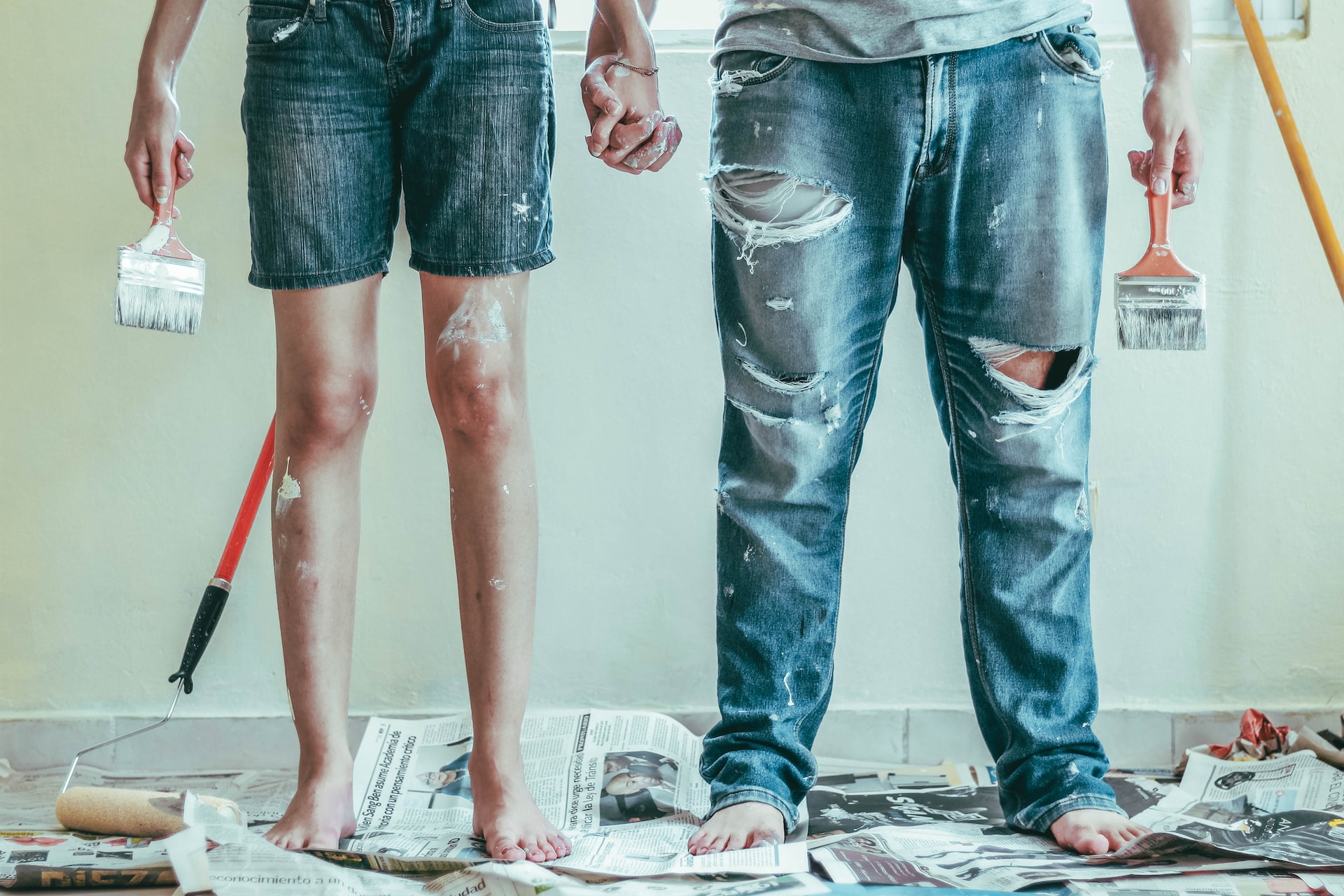Home repair callouts are never fun. Even with competitive rates and 24/7 emergency repair services available, property maintenance repairs are an unwelcome drain on your time and bank account. What makes them even more frustrating is how avoidable many of these repairs are. With regular preventative maintenance, many costly callouts can be avoided. Boilers break down, electrical systems are sometimes faulty and leaks happen. These issues are things we all encounter sooner or later. But in this guide, we are going to give you some top maintenance tips for keeping your boiler, electrics and HVAC system running better for longer.
Boiler
Thankfully even when your boiler breaks down repairs aren’t far away thanks to 24/7 emergency boiler repair. Regardless nobody wants their boiler to break down. There are several things you can do to mitigate the risk of a boiler breakdown.
A great start to boiler maintenance is to use pipe lagging. Pipe lagging is insulation used to prevent pipes from freezing and bursting. In addition to pipes, you should also pay attention to your radiators. Bleeding radiators at least once per year to release trapped air will allow your heaters to heat up fully so your boiler won’t have to work so hard. Furthermore, during the warmer months turning your boiler off or switching it to water only is a great way to increase its lifespan. Although it is worth noting you should turn it back on for a little while once per month to prevent pipes from seizing up.
Electrical
The keys to preventing costly maintenance callouts where electrics are concerned is finding potential risks before they become a big problem. The way to do this is regular checks, in particular, PAT testing and an Electrical Installation Condition Report (EICR). PAT (Portable Appliance Testing) is an inspection of electrical appliances connected to electrical outlets via lead and plug. EICR is a fixed wire test which checks the safety of electric systems in a building and highlights any areas of improvement. It is vital that you act on the recommendations to mitigate risks and prevent potentially fatal accidents.
In many instances where a potentially dangerous incident may occur a circuit breaker will cut the circuit preventing damage from a continued electric shock. It is important to include safety switch testing (also known as RCD testing) in your maintenance checks to ensure your residual-current device is operating effectively.
Roofing and Guttering
Routine gutter cleaning is one of the best investments you can make. If left alone for too long, debris such as leaves and twigs will start to clog your guttering. This will turn your guttering from a helpful necessity into the source of significant property damage. Blocked guttering can lead to a leaky roof or water damage. Thankfully it is very easy to prevent this from occurring. A routine clear out of your guttering will keep things running smoothly. Whilst clearing guttering is often a task people take on themselves it is important to understand the risks. Fall-related accidents are common and can be very dangerous. If you are not comfortable cleaning the guttering yourself, you can hire someone to do it for you. In fact, you could combine a gutter cleaning service with our next point – roof inspections.
In addition to your guttering, you should also carry out regular inspections of your roof. A roof inspection will identify any leaks as well as assess the condition of the tiles and more. If a leak is found you can have it fixed before it becomes more serious while any issues with the condition of the tiling can be addressed before it becomes a problem.
Plumbing
When it comes to plumbing, maintenance is not only essential for preventing water damage and floods but often has a more direct effect of reducing your water bill. Leaky taps, showerheads and pipes should be fixed quickly as they can lead to water damage. Appliances such as refrigerators can also be a source of a leak. In addition to checking for leaks, carry out regular checks of your water pressure to make sure it is maintained at a safe level. You can even use a pressure regulator for extra security.
Another easy way to prevent needing to call an emergency plumber is being more mindful of what you put down your drain. For a quick reference guide check out our post 19 Things You Shouldn’t Put Down The Drain (But Probably Do).
HVAC Maintenance
There are several potential problems which could affect the performance of your HVAC system. Regular preventative maintenance is key to undoing the damage and making sure bigger issues are avoided. Firstly, checking filters regularly is an easy but very effective way to keep your system running properly. Filters build up with dust and debris. Routinely checking filters and changing them before debris build-up affects system performance is important. Dust and debris can find its way into other areas of the system other than the filter. As part of a routine HVAC maintenance check, a professional can remove this too. A professional can also check your condensate drain and heat pumps for clogs, ensure moving parts are lubricated and check electrical connections.
We all need home repairs at one point or another. Eventually, our boiler wears down or a pipe bursts and we need an emergency boiler repair engineer or plumber. However, with the tips in this guide that should be further into the future for you than most. By implementing the preventative maintenance measures in this guide as well as the supporting guides we linked to, you can avoid those costly callouts.



